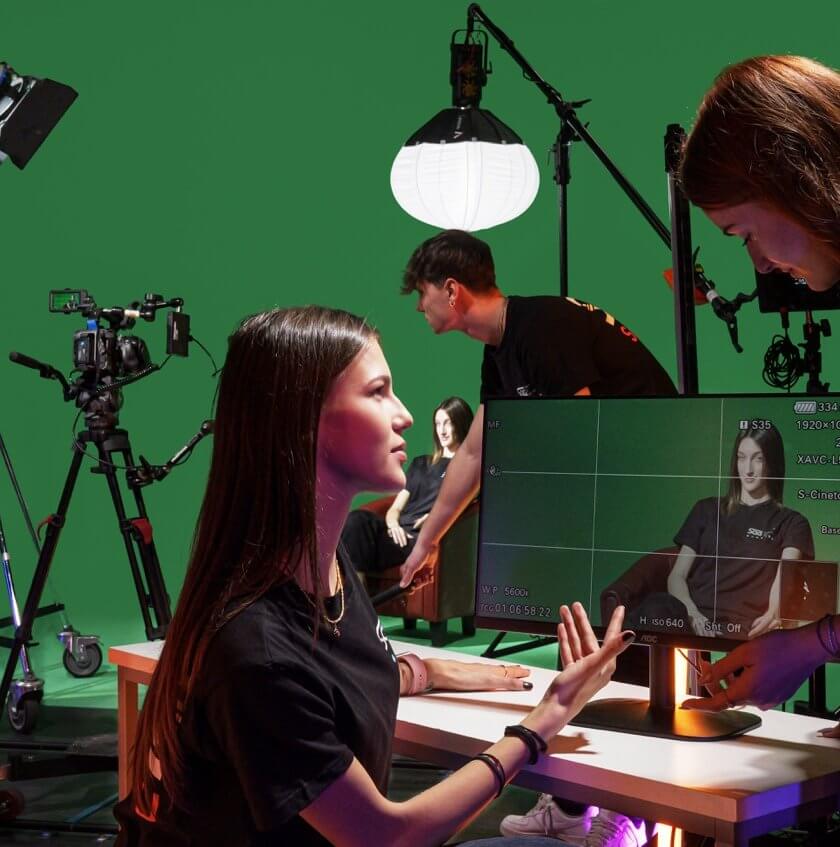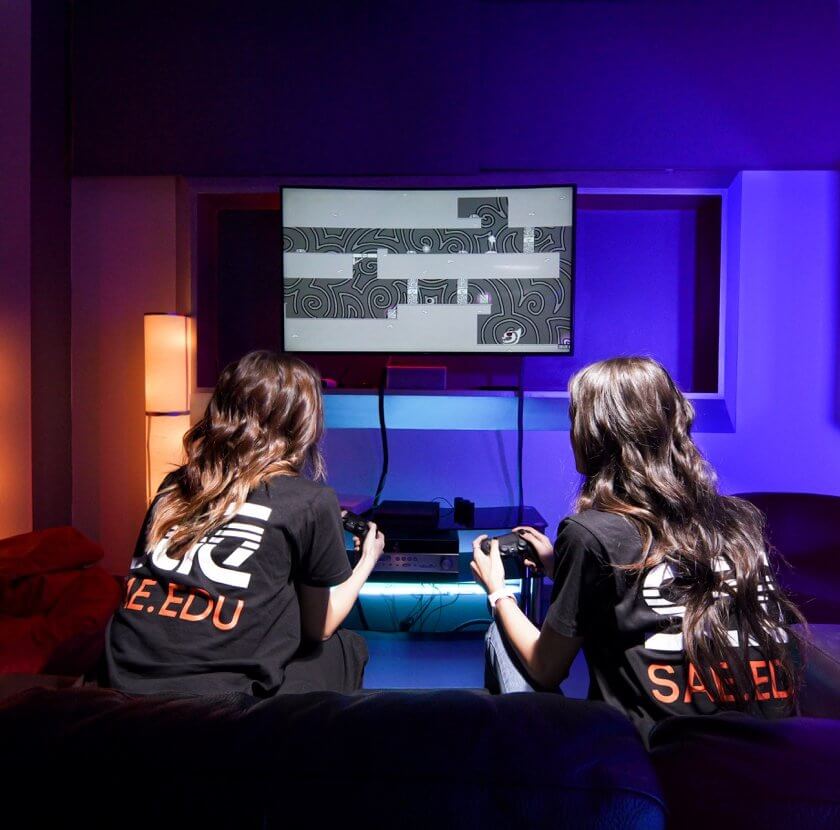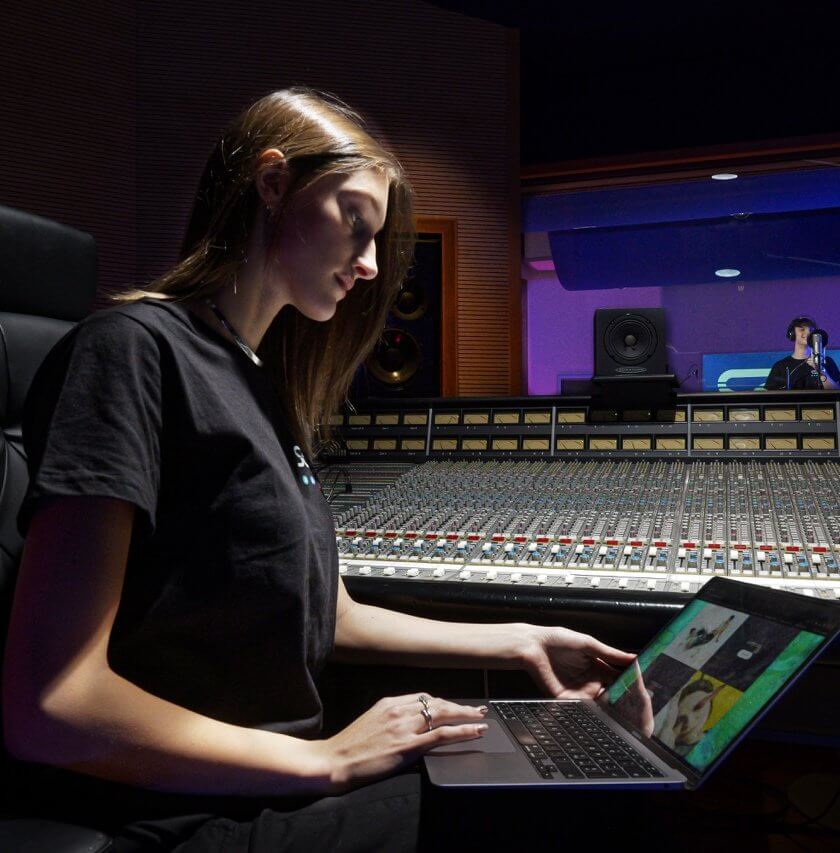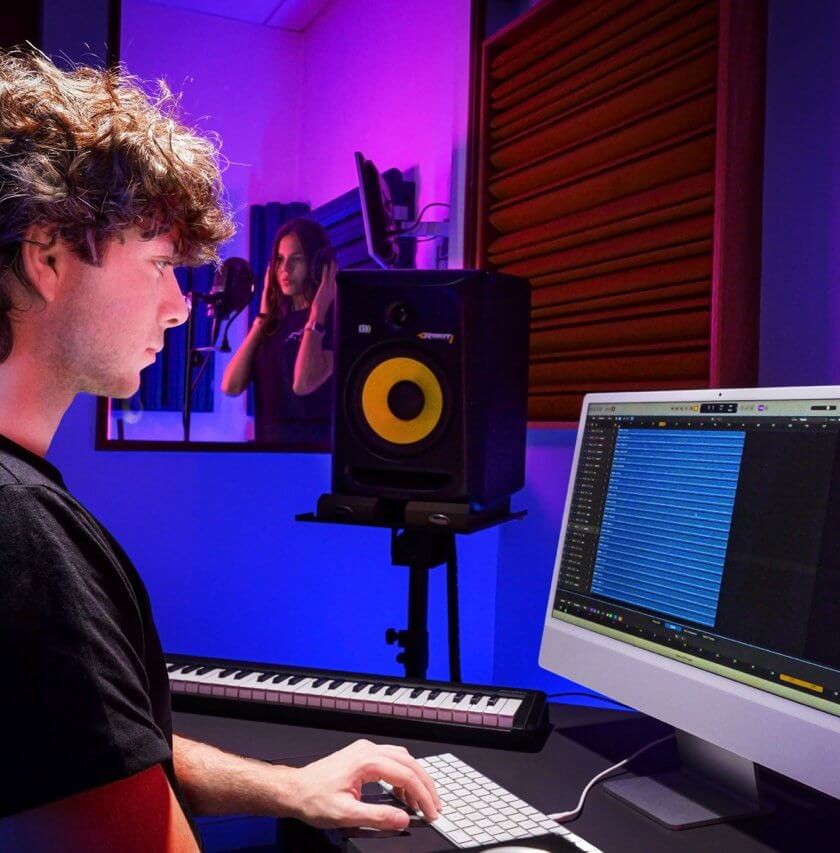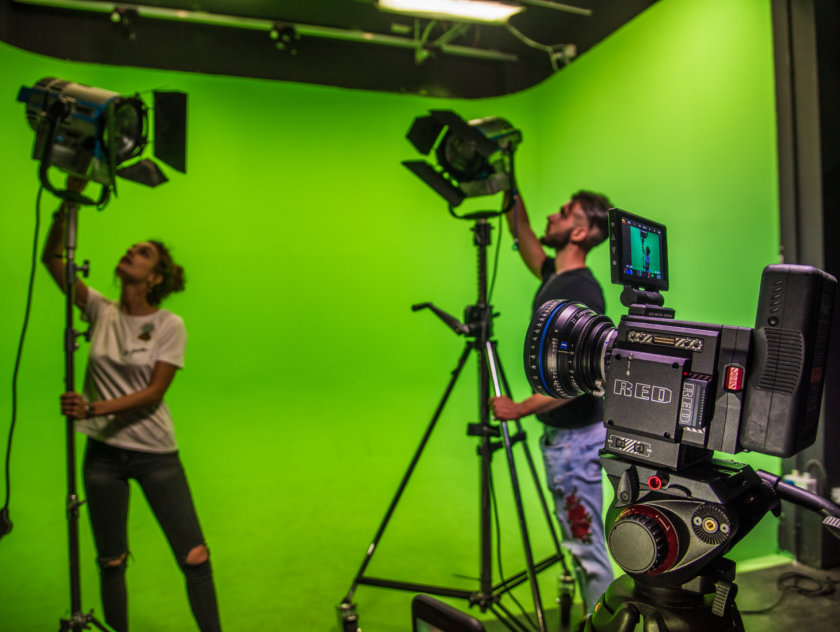CORSI

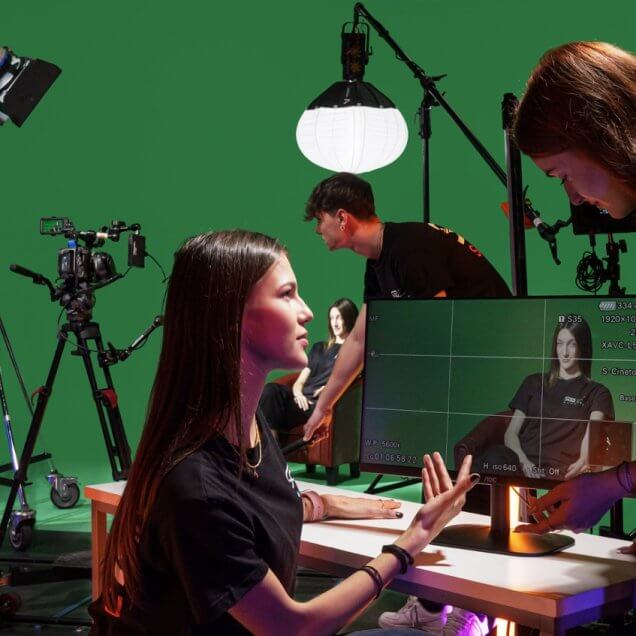

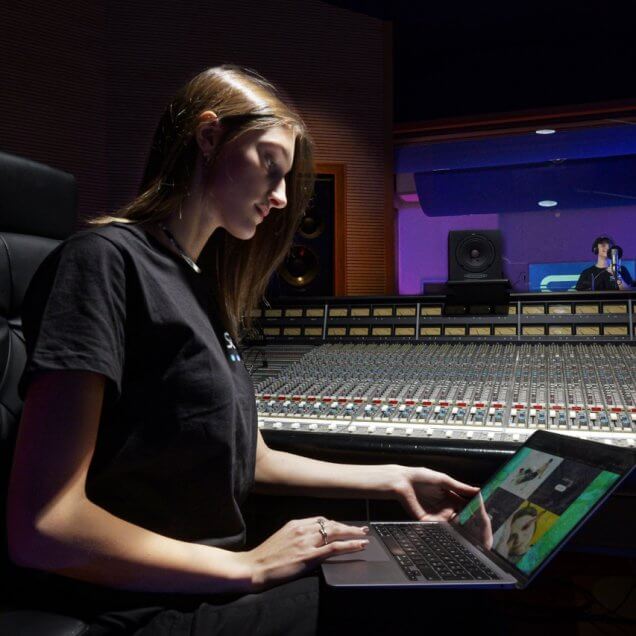

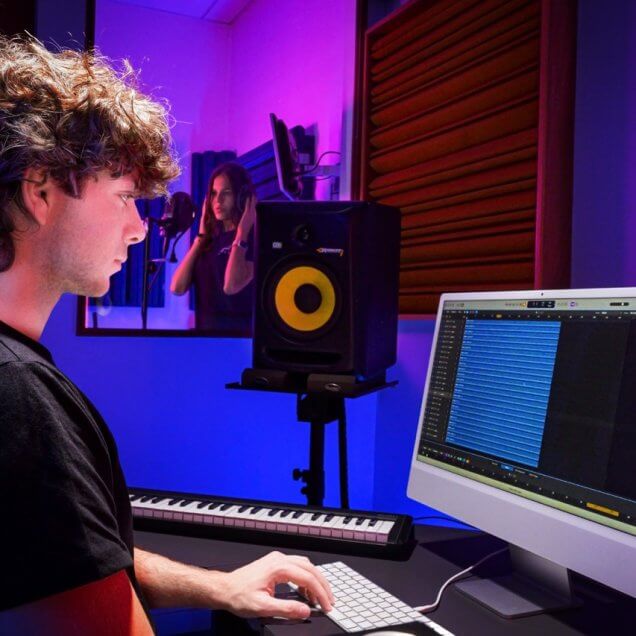

Studiare in SAE significa












Che il tuo sogno sia di lavorare nella produzione musicale, nella post-produzione audiovisiva, nella creazione di contenuti audio per i nuovi media, o in una delle numerose altre aree di questo settore, il corso ti offre la formazione più completa sulle conoscenze e le abilità necessarie per diventare un professionista della produzione Audio.

Se la tua passione è la narrazione per immagini e desideri intraprendere una carriera nelle nuove industrie digitali del video, con questo corso svilupperai le conoscenze e le abilità necessarie per inserirti con successo nei settori della produzione audiovisiva e multimediale, attraverso una formazione completa verso le professioni del futuro.

Il corso di Diploma Accademico di Primo Livello (in fase di accreditamento) in Produzione Videoludica e Media Interattivi Game Production permette di acquisire competenze multidisciplinari grazie all’affiancamento di un'esperienza pratica alla formazione teorica, fornendo gli strumenti necessari per trasformare la creatività in prodotti multimediali digitali interattivi.
Gli obiettivi formativi includono la diffusione di conoscenze e competenze delle principali fasi di progettazione, sviluppo, e produzione di giochi e videogiochi come ideazione del concept, realizzazione, sviluppo di test e valutazioni in funzione del feedback dei giocatori e infine distribuzione.

Un percorso formativo unico nel panorama italiano ed europeo, in risposta a un momento storico di grande trasformazione per l’industria che richiede la formazione di professionalità nuove e dinamiche, con un’attenzione trasversale alle tematiche di sostenibilità e responsabilità sociale e uno sguardo rivolto verso la dimensione internazionale delle industrie musicali.

Electronic Music Production è un corso suddiviso in due livelli di apprendimento, altamente specializzato nella formazione in materia di produzione di musica elettronica: dal sound design alle tecniche di mix, fino al mastering per finalizzare il prodotto.

Urban Music Production è suddiviso in due livelli di apprendimento, dalla composizione di un groove su Logic Pro X, passando per le tecniche di campionamento e l'utilizzo di Auto-Tune; dalle tecniche di mix fino al mastering per finalizzare il prodotto, questo corso sviluppa le comptenze necessarie per produrre Urban Music in autonomia e in maniera professionale.



